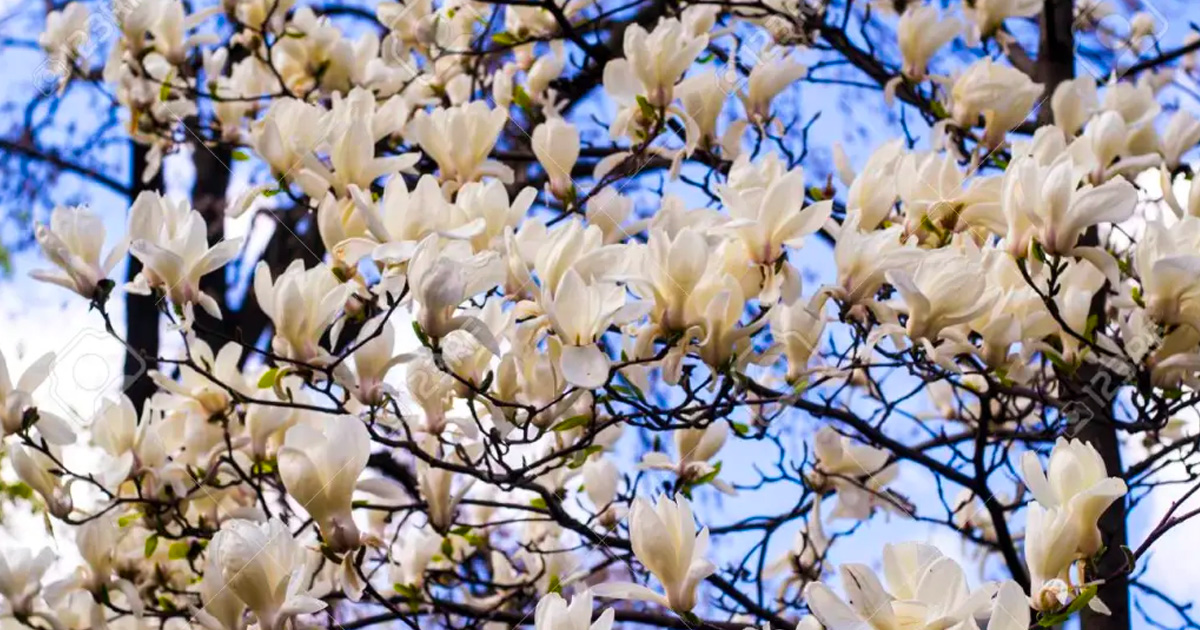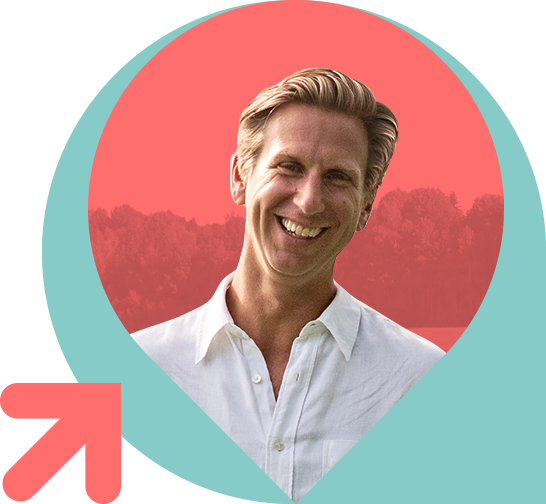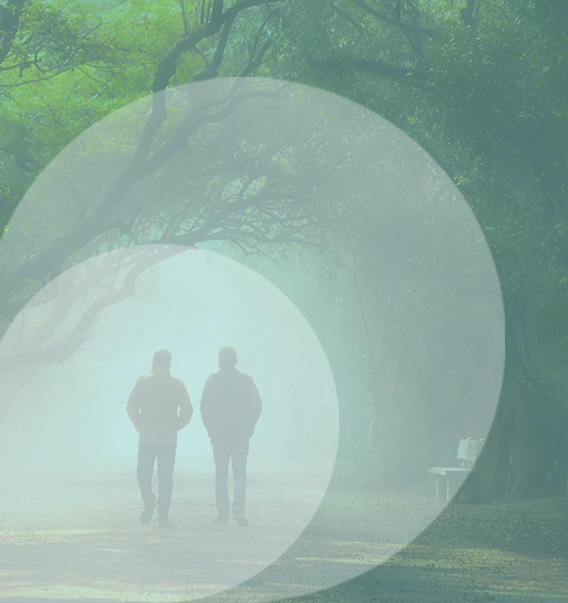Back to front

A bubble within a bubble is how a friend described it when they heard that my mother had died at the start of lockdown. Mum, who had been living with us for three years, died of cancer peacefully and surrounded by her family. Watching someone leave their life, and at the same time being forced in many ways to exit our normal lives, has had a profound impact on my thinking around priorities and the way in which we choose to spend our time, energy, and reflection.
Speaking to clients during the last few weeks, the theme for many has been around a guilt-free chance to slow down, to spend more time at home and with family, to take time to reflect, and to wonder, as the world is put on pause, at quite how things had got so out of control. The poll showing only 14% of us would want a return to normal life suggests that at some level we all knew there was something wrong with the world pre-Covid. The world has changed for good and I hope for the better as well. A theme of simplification has emerged; where humanity and relationships sit ahead of pounds, power and prestige.
There is much debate about when and what we will return to. We have shown a remarkable ability post-major events, such as 9/11 or the 2008 financial crisis, to return to previous life and excesses very quickly. On a personal level, at least, this one feels different. I think if we all make even small adjustments about how we choose to devote our time, then we can make a difference at a societal level. Yes, it has taken an invisible molecule to show us what individuals and nations can do in collective action, how do we bottle some of this?
Sitting around my mother’s bed as she spent her last day with us was a moment of realisation at the point of ultimate reckoning. Outside the magnolia trees were in full blossom, a white cloud that Mum often said reminded her of snow. Around the bed my sister and I sat with Ina, Mum’s angelic carer, and her brother, Richard. He was reading poetry and telling Mum how much she had taught him during her life. “Not the big things, but the small important things”.
There was a feeling of peace and harmony, as Mum lay drifting in a sea of morphine, her breathing slow but steady.
She had loved a small group of others all her life. Not a large life, no medals, and few certificates. Instead a room of love and harmony; four of us holding her as she left this world. The blackbirds sang outside, we watched out for the swallows arriving home, and all the time I was thinking this is what matters, everything that is important is within 100 metres of us right now.
As a different mother, Theresa, put it, “if you want to change the world go home and love your family”. Mum did that. If you were lucky enough to be in her ‘family’, and that included her local community and a small number of friends, then you were seen by her. She was always curious. Giving sage advice quietly and in an unassuming way that made it so much more powerful. No ego. Oh yes, you knew if she did not like your haircut, or were working too hard, but even these sharp observations were made with humour and out of concern for your wellbeing. She had an inbuilt radar for inauthenticity. If you were not what you presented, she was not interested. She was looking for honesty, curiosity, openness, kindness, and when she found it, a friendship was kindled and those embers blown on carefully and consistently.
Back in her bedroom, with the four of us sitting lost in our thoughts, we all bathed in that love and returned it to each other and to Mum. Peace covered our knees like a favourite blanket. The mood was sad, deeply sad, and also grateful that Mum was not suffering, and that she had shown us this most important lesson of all.
Could this Covid be the great priority reset of all time? As we sit with our families, the distraction of life lessened, no chance to fill our diaries with frivolous socialising or our cupboards with non-essential stuff, do we discover what has been taunting us all along? That our energies are best directed nearer to home. That coming home crumpled and depleted on a Friday night to shout at our children and mumble at our partners may not be the best use of our energy and love?
As we grapple with our own psychological wellbeing, and old friendships re-emerge through Zoom, can we realise that emotions and feelings are perhaps a better conversation topic than achievements and workplace struggles?
When everything we have worked for, all those hours, days and years outside the home can be radically changed or swept away in an instant by an unseen particle, do we double down on worldly attachments, or turn instead to what cannot be taken away; our relationships with ourselves and those closest to us?
More Articles
Organisational health - the heartbeat of a business
Organisational health- the heartbeat of a business When we talk about business success, we often look first at strategy; the clever plan, the…
Rituals
Rituals surround us at work, in society and at home. They help manage emotions- think about what happens when someone dies…
How to take the right risks
Individuals and organisations can both benefit from a more entrepreneurial approach. Starting a new business, solving difficult problems…


